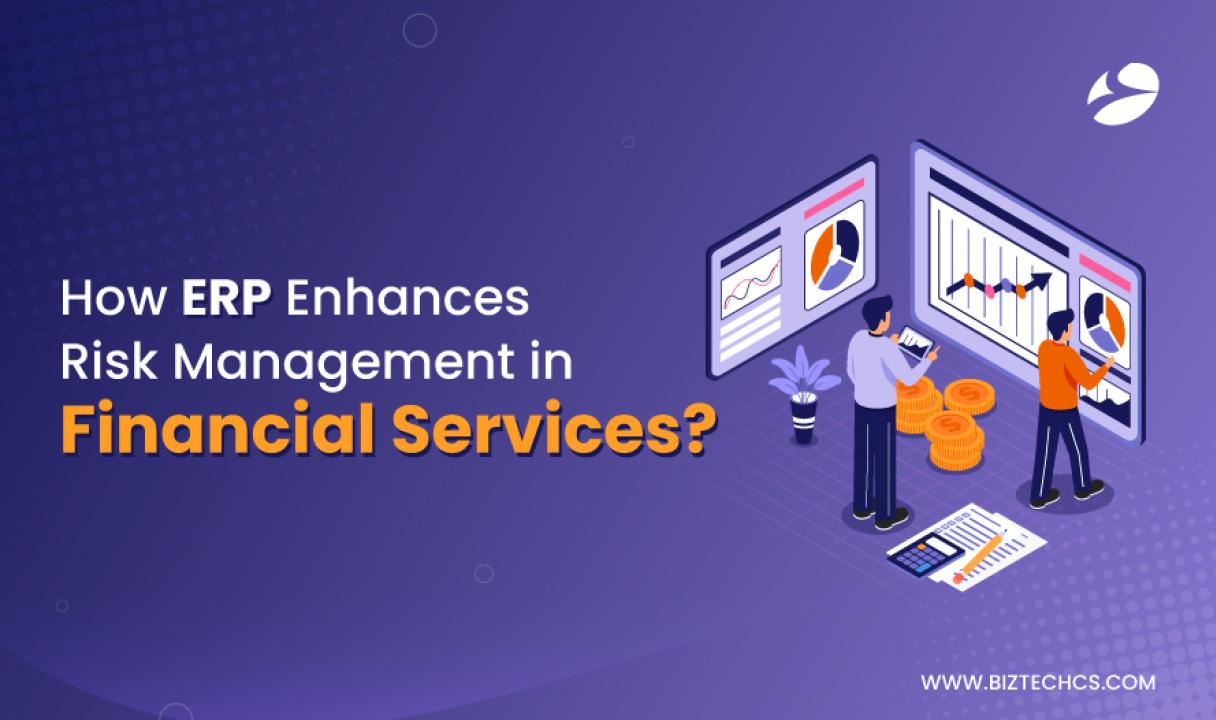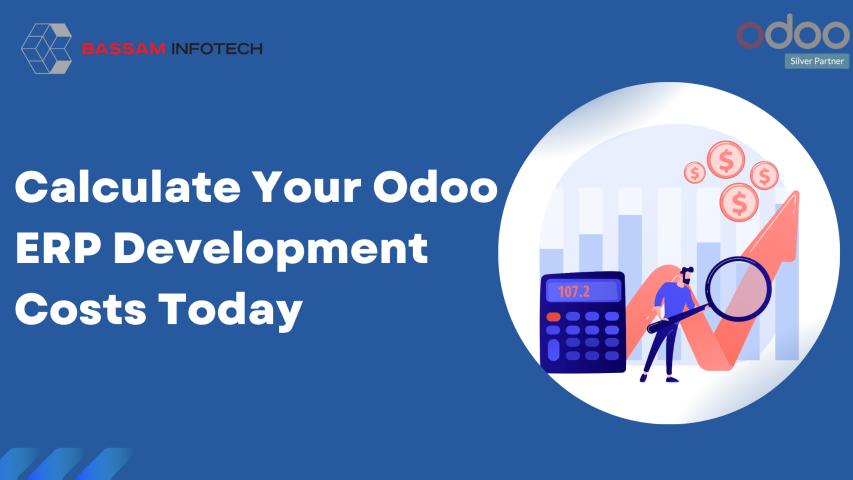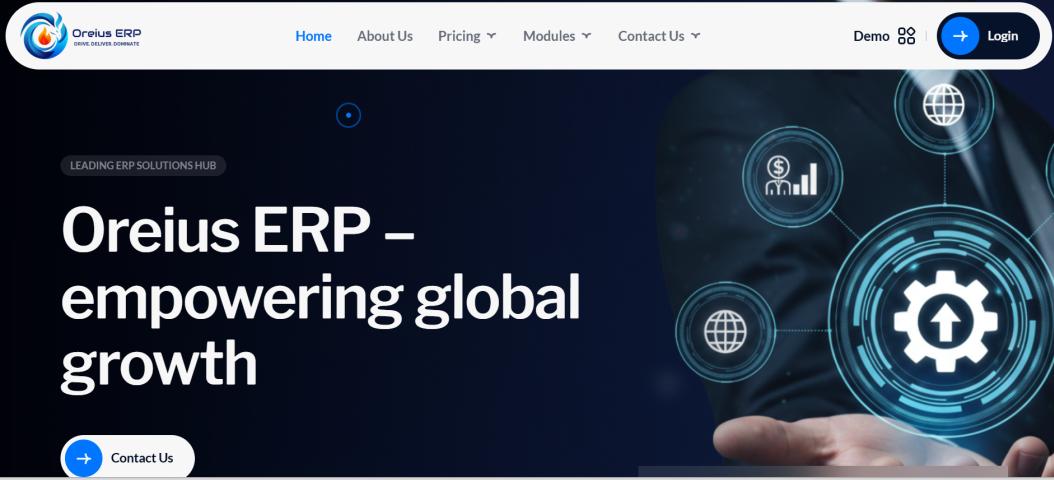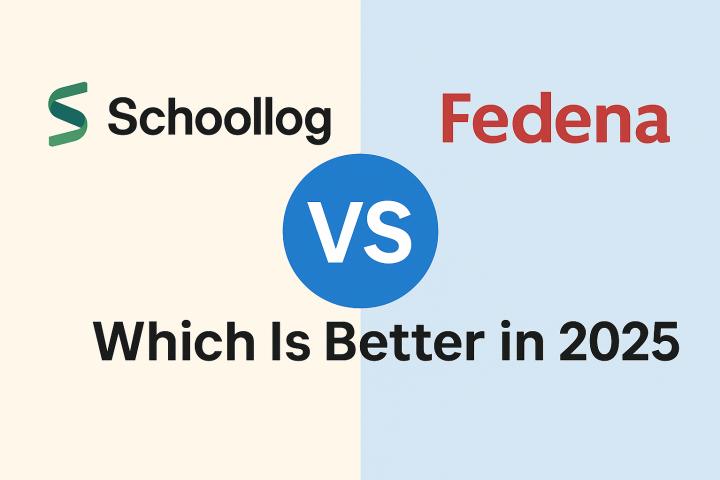Introduction
In the high-stakes financial services sector, managing risk effectively is essential as firms navigate market volatility, regulatory pressures, and operational complexities. Traditional risk management approaches often struggle to keep up with this evolving landscape. However, ERP systems are changing the game, offering financial institutions advanced tools to improve risk visibility, regulatory compliance, and operational efficiency. Studies indicate that ERP adoption can reduce operational risks by as much as 30%, underscoring its value in enhancing risk management. Let’s explore how ERP systems are transforming risk management for financial services and why they are becoming indispensable.
Key Challenges in Financial Risk Management
Market and Credit Risks fluctuations in market conditions and credit risk exposures pose significant challenges to financial institutions. Poor judgement or insufficient risk monitoring in these areas can lead to considerable losses. ERP systems help mitigate these risks by providing continuous, automated tracking, enabling organizations to manage market and credit risks proactively.
Operational Risks ranging from process inefficiencies to fraud- require a robust approach to ensure continuity and security. ERP solutions improve transparency by centralizing data and standardizing processes. With automated workflows and real-time monitoring. ERPs reduce the chance of human errors, ensuring greater accuracy in risk assessments.
Regulatory Compliance adhering to regulatory standards is a continuous challenge for financial firms, with potential non-compliance resulting in hefty penalties. ERP systems simplify compliance processes, facilitating easy regulatory reporting, creating audit trails, and automating necessary checks, helping organizations remain compliant and audit-ready at all times.
How ERP Enhances Risk Management
Enhanced Data Accuracy and Real-Time Reporting ERP systems centralize and consolidate data, offering a single source of truth that ensures data accuracy. This is crucial for financial firms, where errors can have significant repercussions. Real-time reporting capabilities allow institutions to generate comprehensive reports quickly and accurately, reducing manual work and facilitating better decision-making based on reliable data.
Improved Risk Monitoring and Early Detection ERP systems offer a holistic view of risk across the organization. With tools to monitor key indicators and automated alerts, ERPs enable early detection of potential threats- from market fluctuations to operational disruptions- giving management time to act before these risks escalate.
Operational Efficiency and Cost Reduction by automating routine financial and operational tasks, ERP systems reduce the need for manual intervention. This not only cuts operational costs but also minimizes human errors. With repetitive tasks handled automatically, financial teams can dedicate their time and resources to strategic risk management.
Streamlined Compliance and Audit Preparation ERP systems incorporate compliance tracking, automated workflows, and audit trails, making regulatory adherence straightforward. These capabilities reduce the risk of costly non-compliance penalties, while streamlined record-keeping makes audits more efficient and transparent.
Real-Time Risk Analytics and Forecasting ERP systems come with dashboards that display real-time insights into financial performance and potential risk areas. Predictive analytics enable firms to identify emerging risks and assess their impact, supporting strategic planning and informed decision-making. By using scenario planning and stress testing, ERP solutions help organizations prepare for financial disruptions and build resilience.
Informed, Data-Driven Decision-Making ERP systems unify data from multiple departments, providing a clear view of risk exposure across the organization. This consolidation empowers executives with accurate, up-to-date information, enhancing data-driven decision-making. With all data in one place, management can make informed decisions that support long-term stability.
Proactive Risk Mitigation and Scenario Planning ERP solutions enable firms to model various financial scenarios and conduct stress tests, allowing for more proactive risk mitigation. These features help financial institutions plan for potential disruptions, ensuring that liquidity is sufficient to handle obligations. ERP’s forecasting tools support effective capital management, enhancing an organization’s resilience in challenging economic conditions.
https://www.biztechcs.com/blog/how-erp-enhances-risk-management-in-financial-services/
Conclusion
ERP systems offer a powerful solution for financial organizations looking to improve risk management through automation, real-time insights, and compliance support. With ERP-driven risk management, institutions benefit from improved transparency, accuracy, and decision-making, positioning ERP as a foundational tool for the financial sector.
At Biztech, we’re committed to helping financial firms optimize their risk management strategies with customized ERP solutions. With our expertise, your organization can enhance resilience and stay ahead of industry challenges. Contact us to learn how our ERP services can support your firm’s risk management and compliance needs.

















